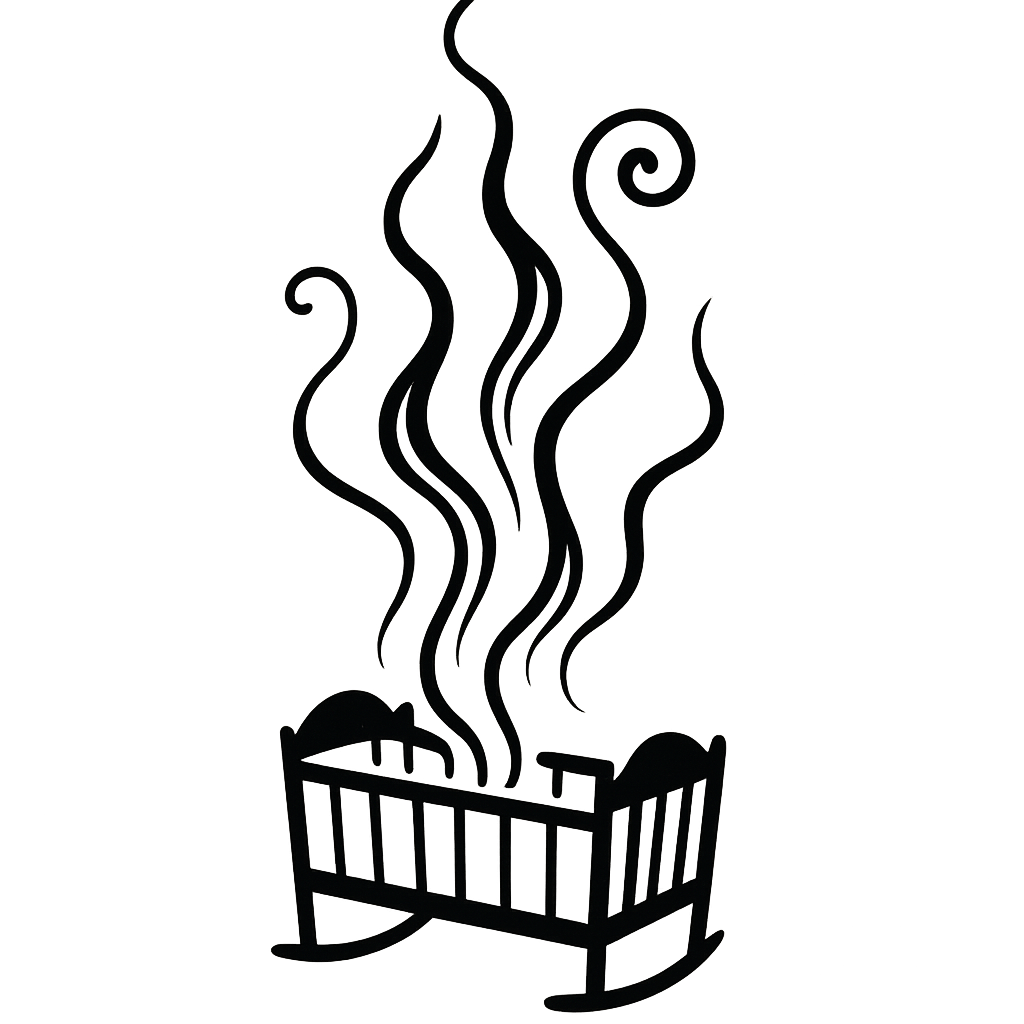
Crib Dream Meaning
Exploring the Depths of Crib Dreams and What They Reveal About Your Subconscious
Uncover the intriguing meanings of crib dreams and explore psychological and scientific insights into your subconscious mind.
Analyze your dream instantly with Onira
AI-powered insights, private by design. Free on iOS and Android.
Introduction
Have you recently found yourself dreaming about a crib? This dream symbol may not be as straightforward as it seems. Your subconscious might be subtly weaving a narrative about new beginnings, vulnerability, or deep-seated emotions you've tucked away. Understanding the rich tapestry of meanings behind crib dreams can illuminate a hidden part of your psyche yearning for exploration.
🧠 Psychological Interpretation
New Beginnings and Vulnerabilities
At its core, a crib represents infancy, new life stages, or the need for nurturing. Dreaming of a crib might suggest you're beginning a new phase of life or dealing with vulnerabilities you haven't acknowledged when waking. The dream could hint at feelings of tenderness and the need to either be nurtured or nurture others.
Protection and Care
Cribs, associated with infants, can symbolize the need for protection and care in the dreamer's psyche. If the crib is empty, it could signify feelings of abandonment, isolation, or fear of being unsupported. Alternatively, a full crib might symbolize fulfillment and joy from personal achievements or family matters.
Inner Child and Healing
This dream image might hint at inner child work, signaling the dreamer to reconnect with childhood emotions. It might indicate the need for healing from past traumas or unresolved feelings from childhood that continue to impact decisions in adulthood.
🔬 Scientific Perspective
Brain Connections and Learning
Dreams about infancy symbols, like cribs, may connect to brain processes involved in learning and memory. This is echoed by research stating that the infant brain undergoes rapid synapse formation, a potential reflection as adults sort and emotionally interpret their daily experiences during sleep.
Early Developmental Influences
Research in developmental psychology highlights that caregiving experiences in early childhood shape adult emotional health. When you dream of infancy symbols, your brain might be calling attention to patterns established in early development stages that affect current emotional responses.
🛠️ Practical Tips
Acknowledge Life Transitions
Reflect on current life changes. Encounters with cribs in dreams could reference changes taking place in your life. Are you entering a new job, relationship, or personal growth stage? Acknowledge these shifts and how they impact your emotions and decisions.
Prioritize Self-Care and Nurturing
Dive into self-care rituals, as crib dreams might suggest a nurturing need. Consider routines or activities that allow moments of self-compassion and care, creating a supportive environment for mental and emotional health.
Seek Emotional Support
Talk with a counselor about any childhood issues. Reflect on past experiences and how they shape your current mindset. Professional guidance can offer frameworks for understanding and nurturing your emotional well-being.
Conclusion
Crib dreams often carry deep meaning, inviting you to explore realms of vulnerability, nurture, and protection. By reflecting on your personal associations with cribs and considering the psychological insights, scientific understandings, and actionable steps, you expand your awareness of what your subconscious mind might be unfolding as you sleep. Every dream is unique to the dreamer, and ultimately, your interpretation will reveal what resonates most with your personal journey.
Free Dream Analyzer
Paste a dream into Onira to get personalized, neuroscience-informed insights in seconds.

Embark on a journey of self-discovery
Meet your intelligent dream journal, and transform your wildest dreams into meaningful insights. Download today.
Instant Setup
Start logging your dreams in seconds. No complex setup required.
Cross-Platform
Sync your dreams across all your devices seamlessly.
